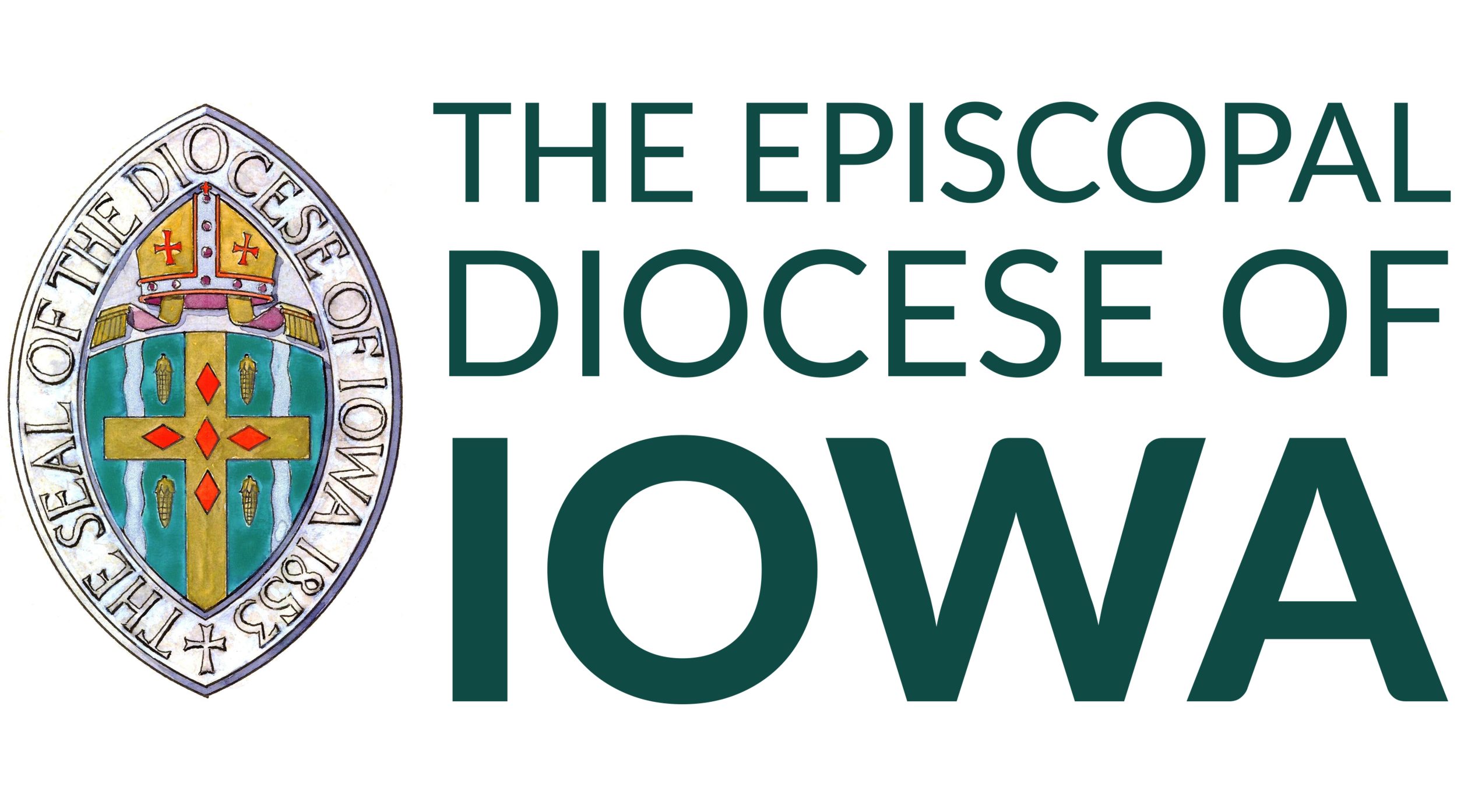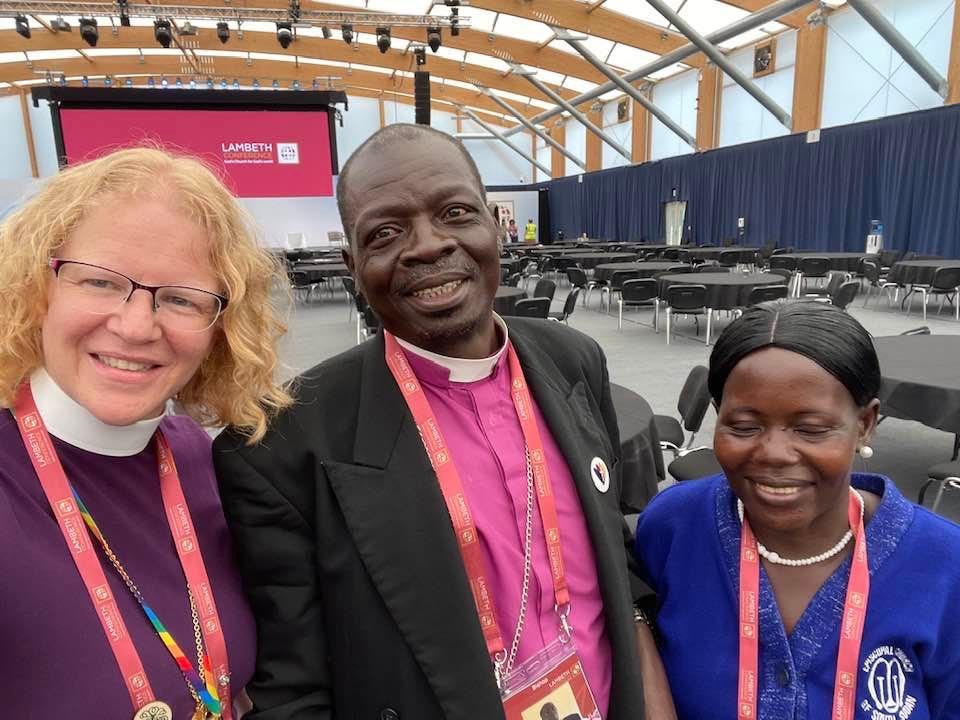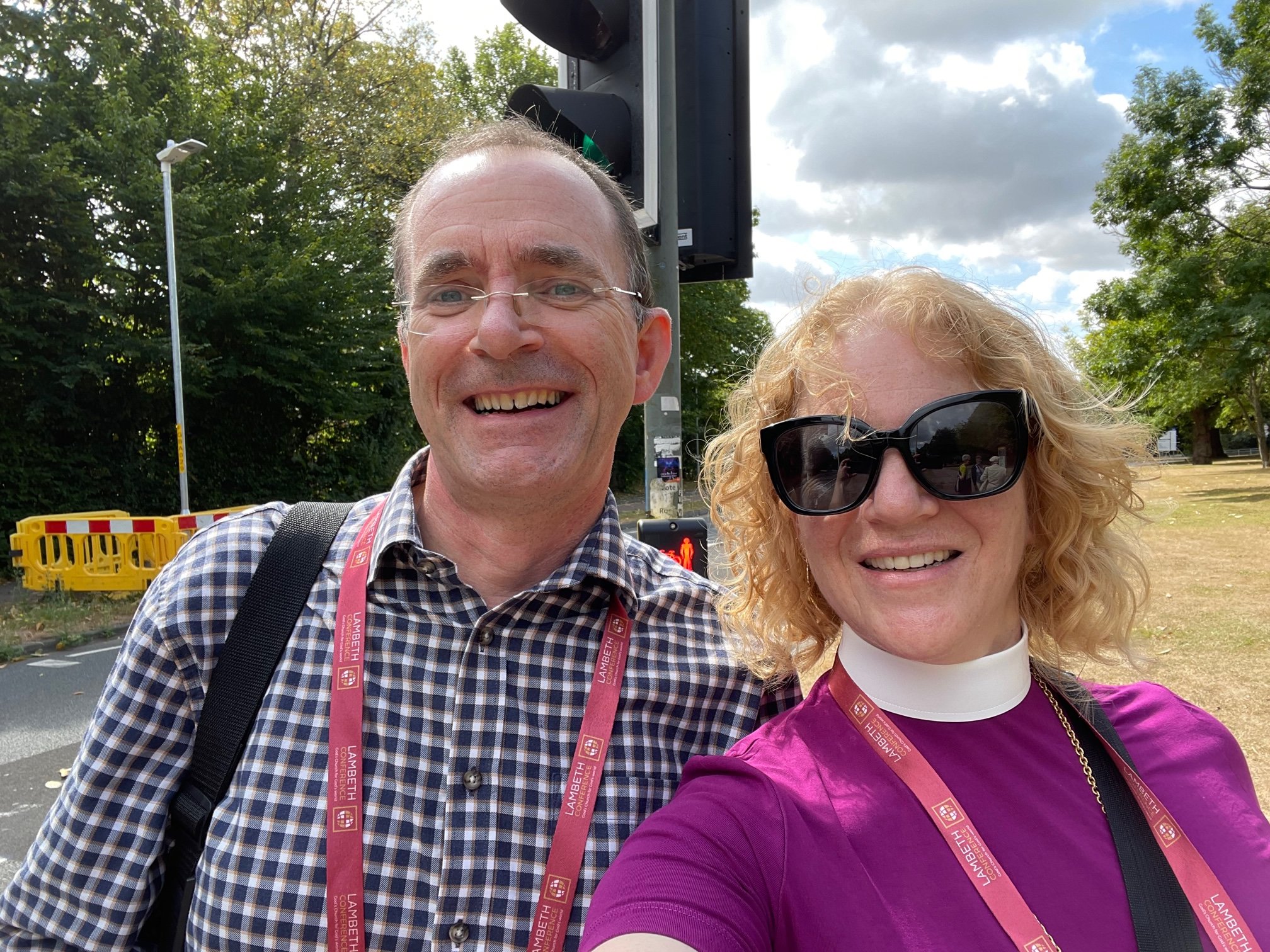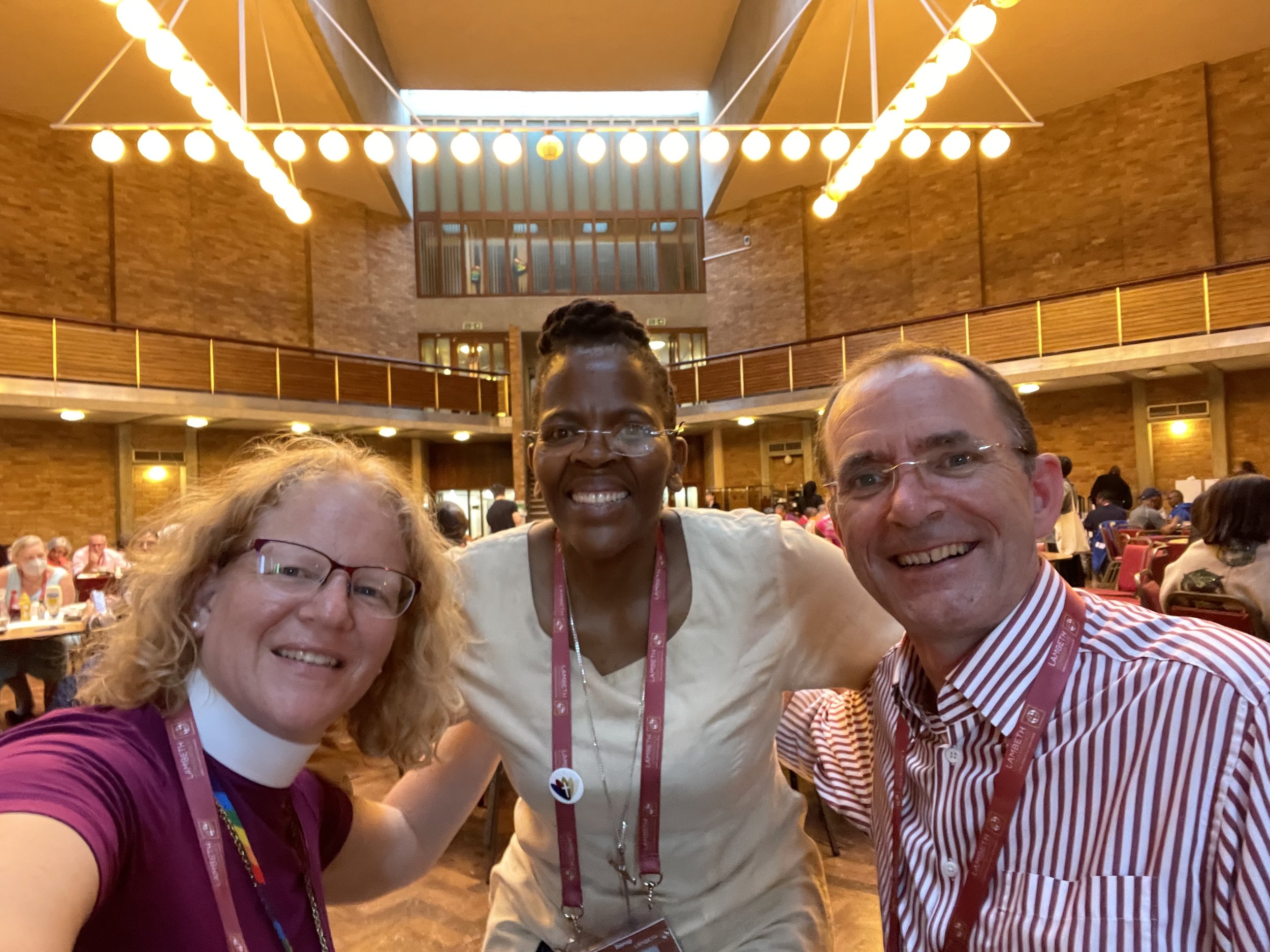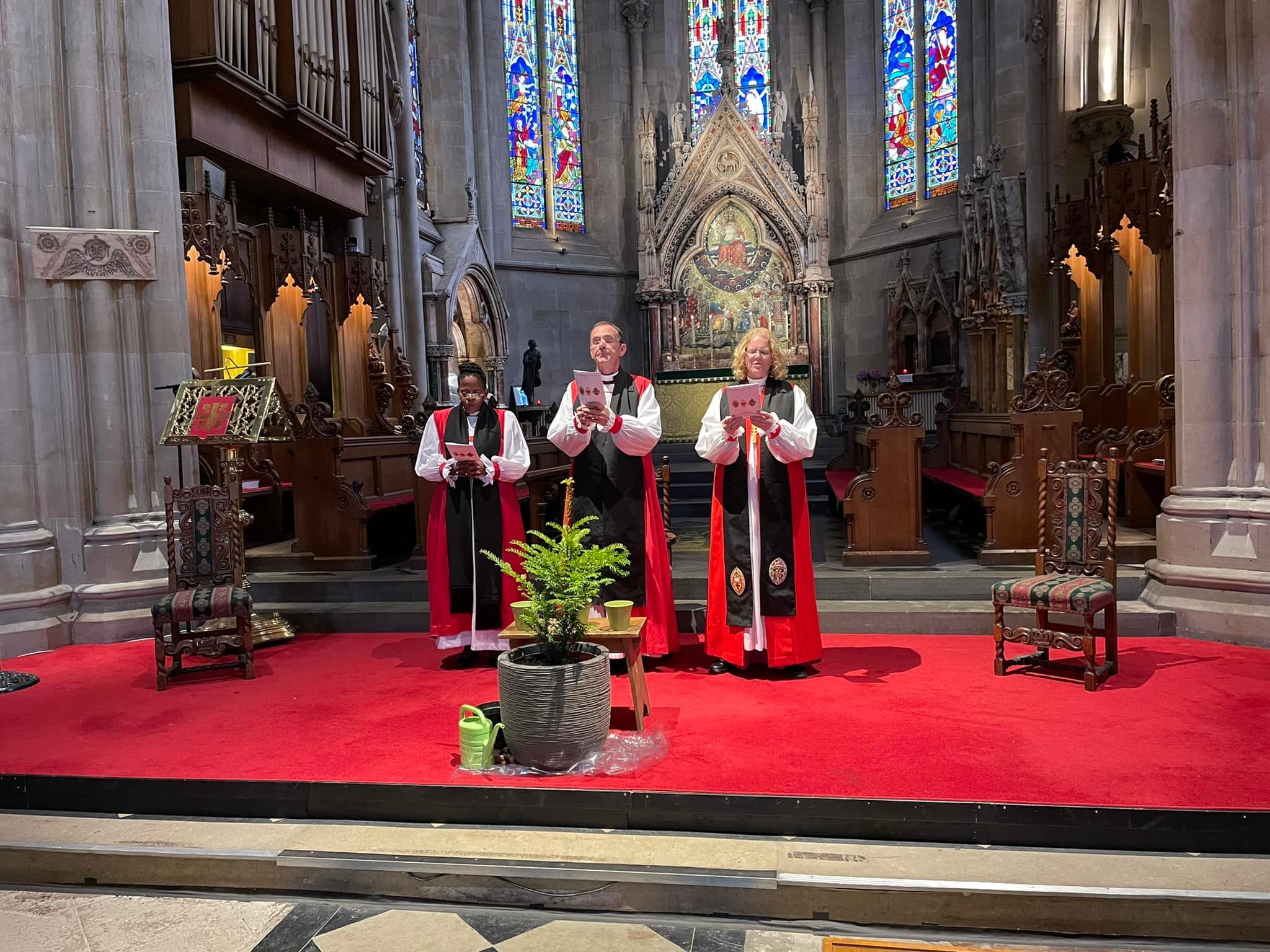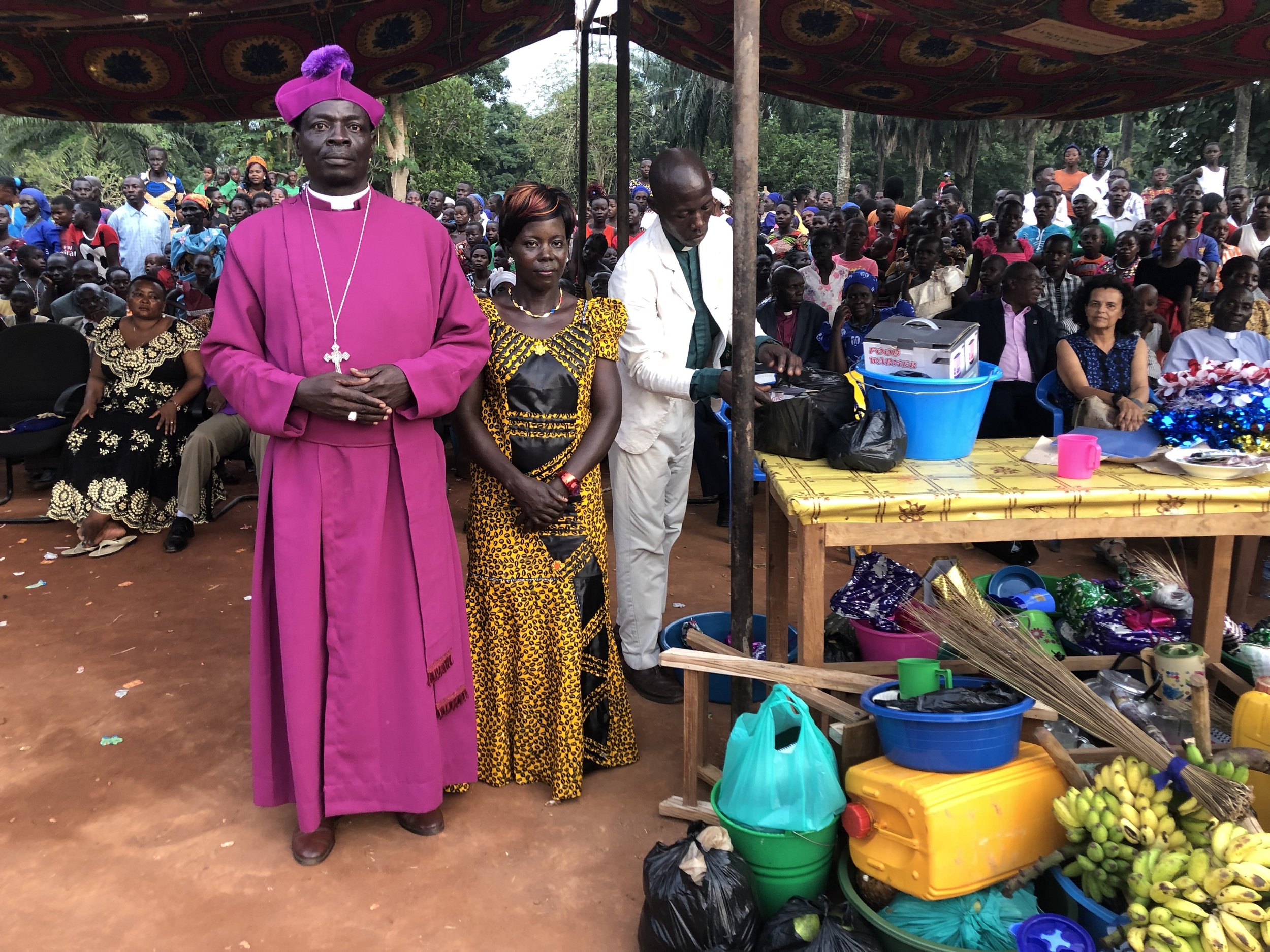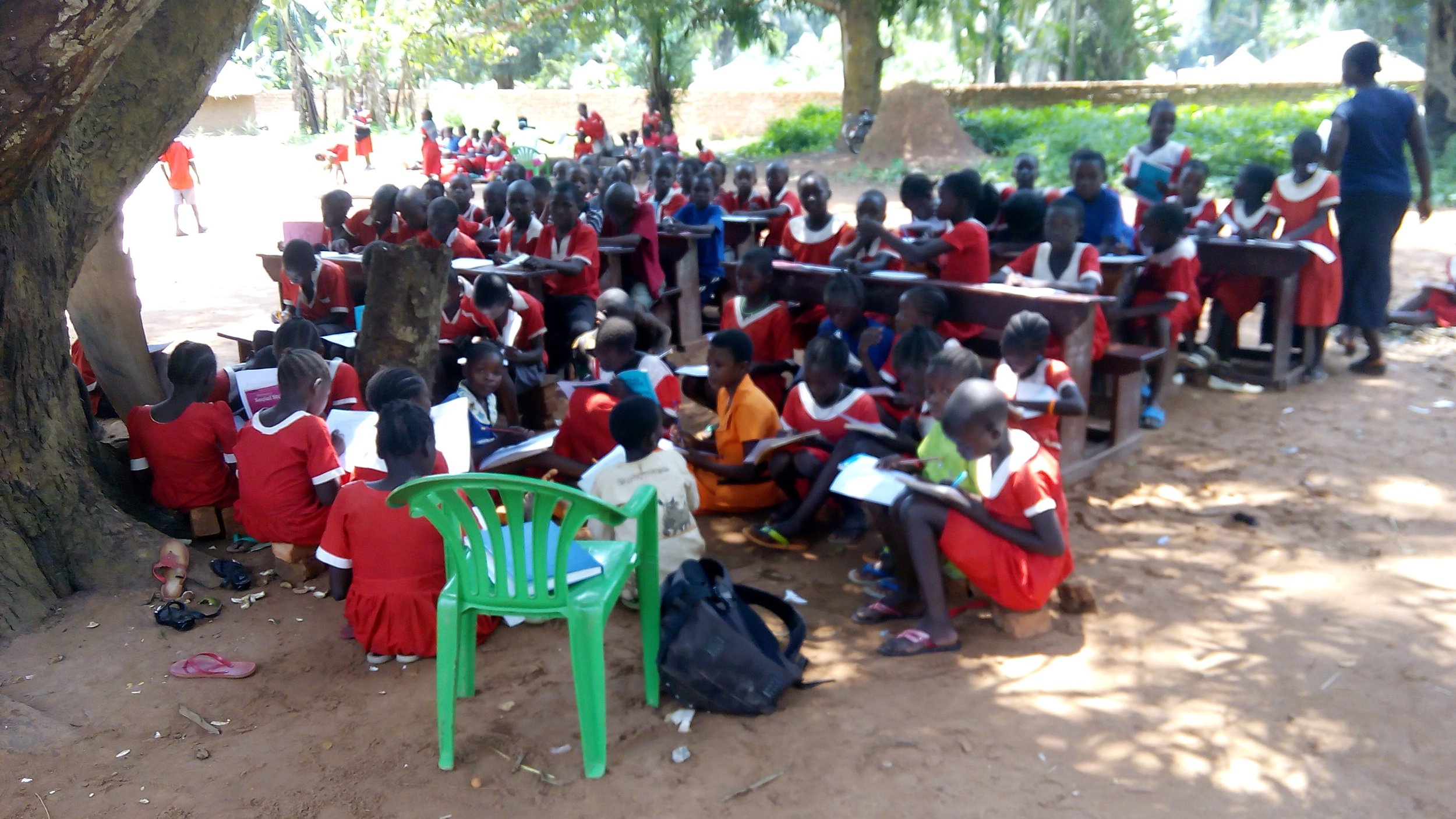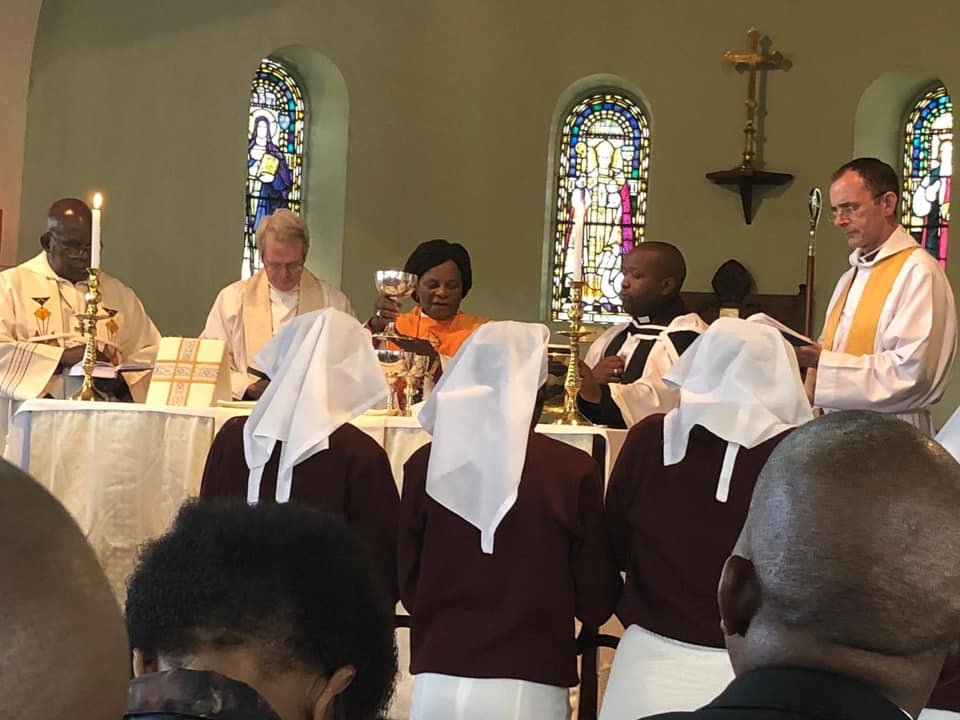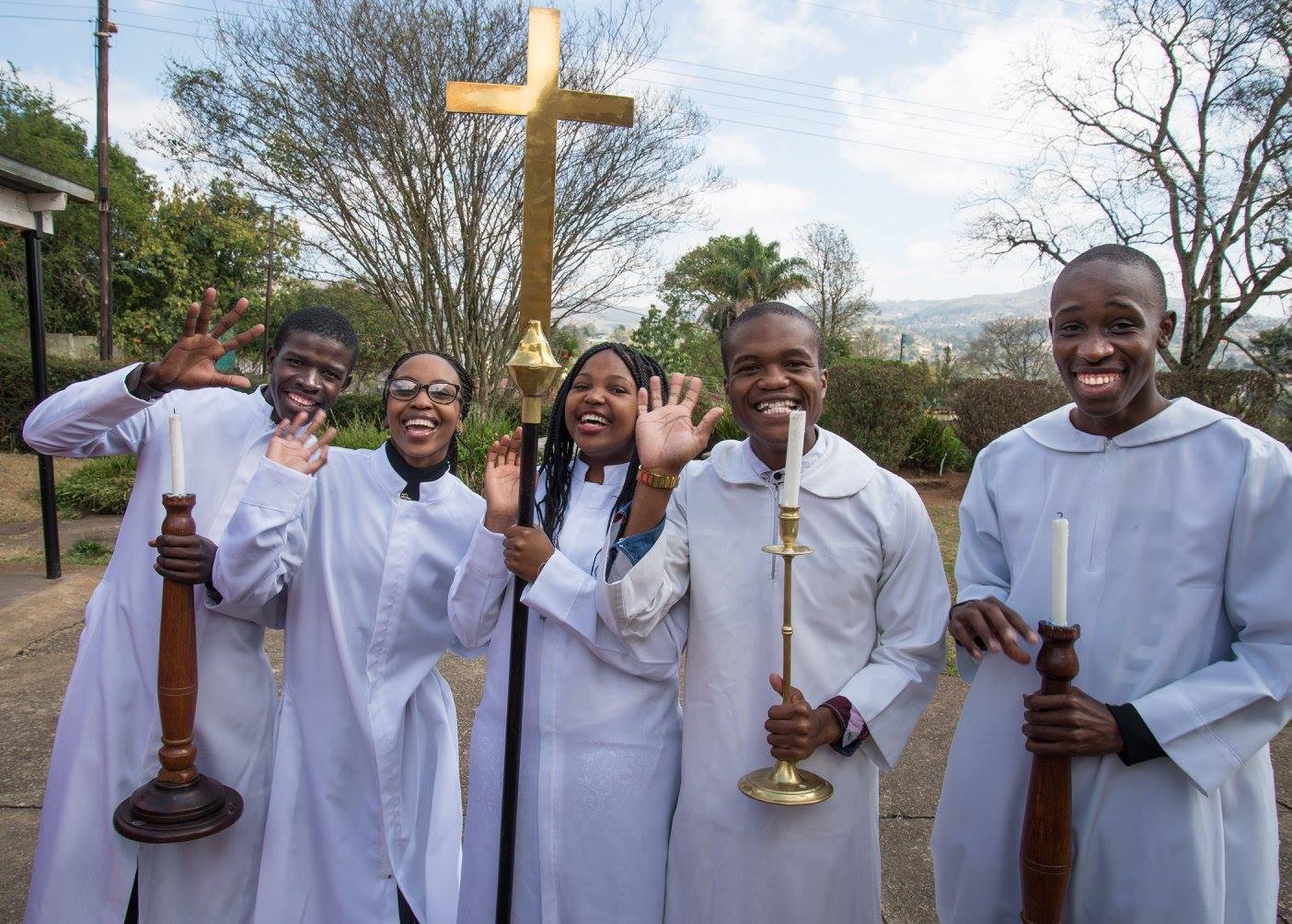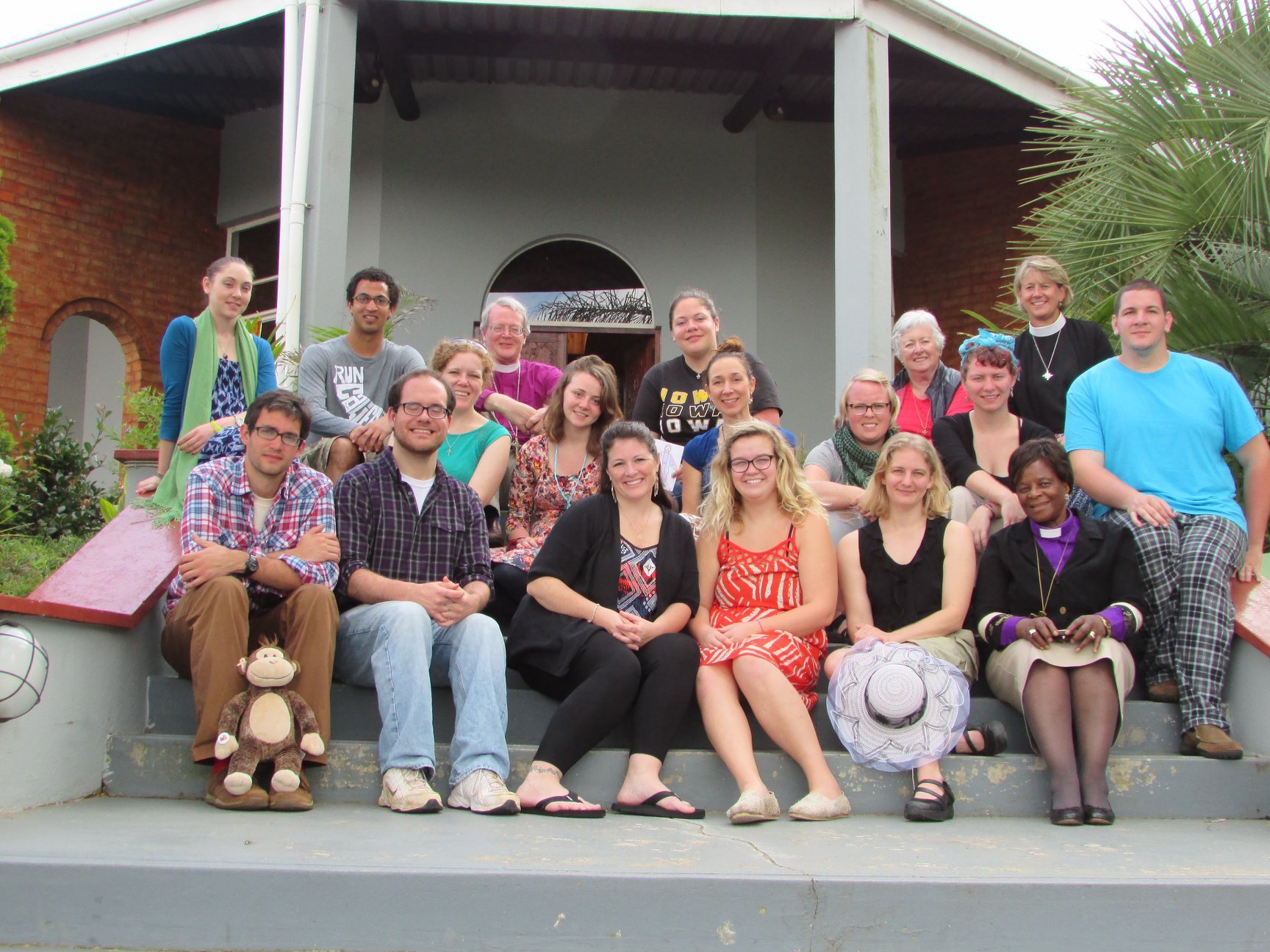A Brief History of the Companionships
The three-way companionship among the Episcopal Dioceses of Iowa, Swaziland (in Eswatini), and Brechin (in Scotland), became official in 1990, but the relationships reach back much further. Our link with Brechin was made official in 1982, and the late Bernard L. Mkhabela, Bishop of Swaziland, and Bishop Walter Righter explored a three-way companionship in 1988. The idea was endorsed by the Diocesan Convention that year, with national recognition coming two years later. Bishop C. Christopher Epting traveled to Swaziland and Brechin shortly after his investiture, and he worked to expand the relationships under his watch.
In 2012 the Diocese of Iowa began another companion relationship with the Diocese of Nzara in South Sudan.
The Diocese of Brechin is in the North East of Scotland, and part of the Scottish Episcopal Church. It is the smallest of the seven dioceses and stretches in a rough backwards `L' shape from Muchalls in the North East down to Dundee in the South, and across to Glencarse in the South West. The Cathedral and Administrative Centre are in Dundee.
The Diocese of Swaziland is located in Eswatini (formerly Swaziland), which is located in southern Africa, bordered by South Africa on the north, west, and south, and by Mozambique to the east. Slightly smaller than New Jersey, the country is home to 1.1 million people, more than 70% of whom live in rural areas.
Eswatini’s geography is varied and includes mountains, forests, rolling plains, and deserts. Impala, zebras, elephants, leopards, and lions can be found in the country’s wildlife reserves. Eswatini has retained much of its traditional culture. SiSwati and English are the official languages.
The Nzara Diocese is one of six dioceses of the four million member Episcopal Church of Sudan (ECS). It was formally created in 2009-10. The boundaries of the diocese are for the most part, but not always, contiguous with Nzara County which is one of the ten counties in Western Equatoria State (WES) the capital of which is in nearby Yambio. Nzara is in the extreme southwestern section of South Sudan that is bordered by the Republic of the Congo on the South.
Joint Intercession List
The heart of diocesan companionship is joining together in mission. To this end Iowans and their companions in Nzara Swaziland and Brechin pray for one another daily through the Joint Intercession List
One World, One Church Commission
The work of this Commission facilitates ecumenical and interfaith dialogue, connection with the national church and Anglican Communion, ecumenical structures within the state and beyond, our companionship with the Dioceses of Brechin, Swaziland, and Nzara, and the Millennium Development Goals.
International (Sustainable) Development Mini-Grants
Annually, the One World, One Church Commission of our Diocese invites parishes and/or members supported by their congregation to submit a grant with an international development focus or component. International (Sustainable) Development Mini-Grants funded over the last 20+ years have represented a diverse set of priorities seeking to end hunger, promote reconciliation and peace, and to help enable people to live with a renewed sense of dignity and hope.
Mini-Grant Criteria:
Each proposal should outline the nature of the project including the partnering individual and/or organization in the developing country; some history of the involvement of that partner in development activities; comments addressing each of the six guidelines.
1. Proposals must be received by August 1st.
2. Local proposals should include some local additional funding.
3. Priority will be given to projects with a tie with the proposer.
4. Proposals must demonstrate consistency with the ethical guidelines below.
Ethical Guidelines for International Economic Development:
1. Partnership. The economic relationship promotes mutuality of benefits.
2. Respect. Local peoples and realities are valued.
3. Empowerment. The economic relationship values mutuality of process.
4. Oneness with creation. The economic relationship displays sensitivity to, and responsibility for, the environment.
5. Distributive Justice. The economic impact of the relationship contributes to the well being of a significant number of people and does not promote inequities within the country.
6. People-centered development. If development assistance is offered, the beneficiaries set priorities and conditions. Maximum use is made of local resources. Applied technologies are appropriate for the setting.
How to Apply:
Download an application, fill it out and email it to: minigrants@iowaepiscopal.org.
Applications due by August 1, 2023.
If you have questions, please contact us at minigrants@iowaepiscopal.org.
